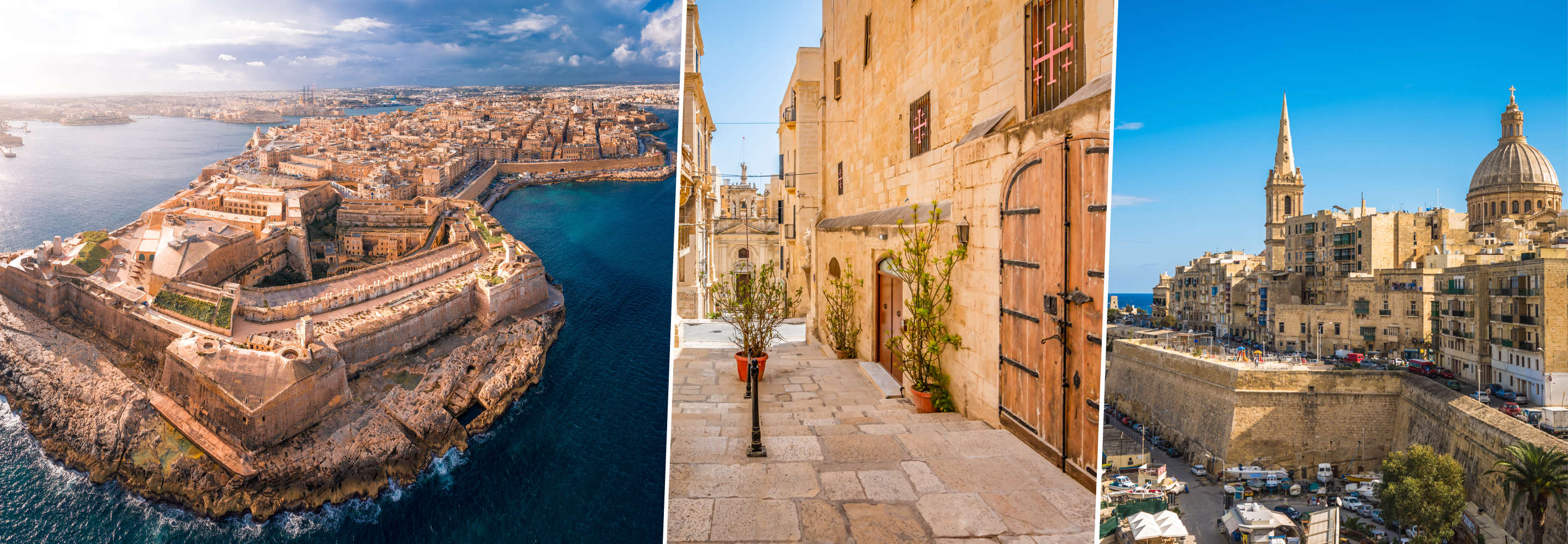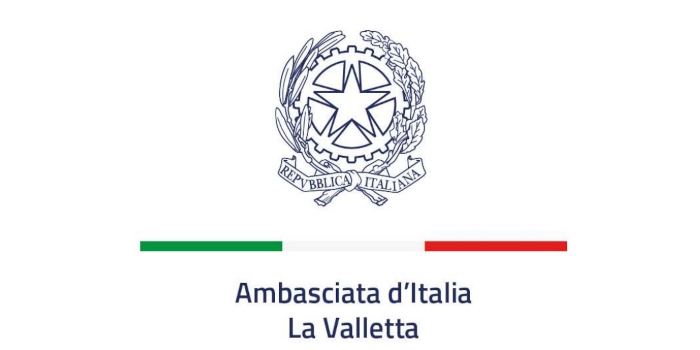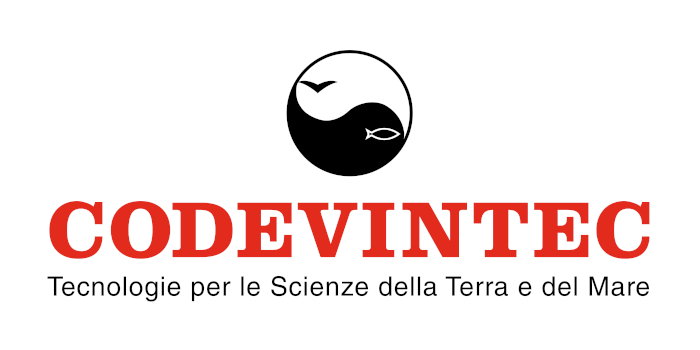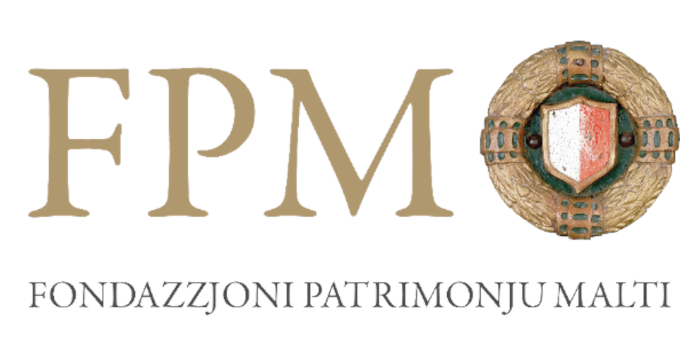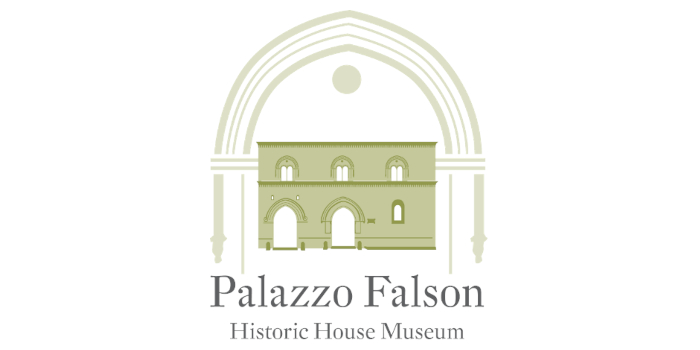ROUND TABLE
Evaluating the performance of protective shelters: challenges and future directions
ORGANIZED BY
Rosangela Faieta and Reuben Grima, University of Malta, and MariaElena Zammit, Heritage Malta
CHAIRED BY
Reuben Grima, University of Malta
The number of protective shelters implemented on archaeological sites has proliferated in recent decades. The assessment of their performance has progressed rather more unevenly. As increasingly sophisticated tools for environmental assessment and conservation science are developed and become more widely available, new opportunities to make better informed assessments of the performance of protective shelters are opening up. On the other hand, innovative applications and interdisciplinary approaches in the context of evaluating and monitoring shelter performance continue to be developed and disseminated.
This round table session will provide a forum to share recent experiences in the evaluation of the performance of archaeological shelters, while also posing questions about possible future directions. What kinds of legacy data gathered before the implementation of a shelter were the most helpful? Which other data do we wish had been gathered at that stage? Are there blind spots in our current assessment programmes, and can they be addressed?
General structure of the round table (in progress)
- Introduction: 5 min introduction of the topic and of the presenters;
- Keynote Lecture by Zaki Aslan
- Presentations: 5 min approx by each panelist (tot 20min);
- Question time: (20 min);
- Final round: (15 min).
ABOUT THE PANELLISTS
Zaki Aslan is Professor of Practice at the American University of Sharjah (College of Architecture, Art and Design) and an architect, planner, educator & advisor in the cultural & heritage fields. He served for 21 years as the founding director of ICCROM-Sharjah Regional Conservation Centre, UAE, where he led programs for the Arab Region, from Rome, Italy (2003-2011) & later from Sharjah, UAE (2012-2023). He managed projects & offered technical guidance on heritage conservation/ management, national planning/ policies, World Heritage, field projects (including public outreach, capacity building & curricula development), with UNESCO, EU, GCI, British Council, GIZ, USAID, ICOMOS and other institutions. Aslan is also a member of the editorial board of the "Journal of Conservation and Management of Archaeological Sites", and member in several advisory capacities and steering committees (ASOR, EAMENA, UAE-funded Mosul Project, TERRA 2022, ALIPH, PWC, Welfare Association, Saudi Government & others). He holds a Ph.D. in Heritage Conservation and Management from University College London (UCL) and an MSc in Conservation of the Built Environment from the University of Montreal, Canada.
Rosangela Faieta is Research Support Officer at the Department of Conservation & Built Heritage at the University of Malta and is part of a multidisciplinary team working on the evaluation of the performance of the shelters over the Maltese Megalithic Structures. She obtained her Master's degree in Archaeology at the University of Tuscia (Italy) in 2015 and she followed the Master's course Methods, Materials and Technologies for Cultural Heritage at the University Roma Tre in 2017. She is currently a PhD student at the Faculty of Chemistry, University of Malta. Her research interests span the broad field of applied science to archaeological materials, focusing on the analysis of weathering processes affecting limestone materials exposed to the marine environment.
Reuben Grima is an Associate Professor in the Department of Conservation & Built Heritage at the University of Malta, lecturing mainly in cultural heritage management. He read for his PhD in archaeology at the Institute of Archaeology, UCL. From 2003 to 2011, he served as Heritage Malta’s Senior Curator responsible for Malta’s two prehistoric World Heritage Sites, namely the the Ħal Saflieni Hypogeum and the Megalithic Temples of Malta, also serving as Project Leader for the ERDF project to shelter Ħaġar Qim and Mnajdra Temples, and as a member of the Scientific Committee for the Conservation of the Megalithic Temples. His current research interests include cultural landscapes, the history of archaeology and archaeological sites, and public engagement with the past.
Daniel Micallef is an academic with interests in wind energy, fluid mechanics, wind engineering, and building physics. He currently serves as an Associate Professor at the University of Malta in the Faculty for the Built Environment. He is currently Head of the Department of Environmental Design. Driven by his passion for wind energy and fluid dynamics, Daniel pursued his doctoral studies with the DUWIND group at Delft University of Technology in the Netherlands. His current research focuses mostly on wind engineering. Daniel published extensively in high tier peer reviewed journals. He also secured various local and European projects including the project MEGALITH which aims at using machine learning on the basis of Computational Fluid Dynamics modelling to characterise the outdoor environmental conditions within historical structures such as 'The Megalithic Temples of Malta'.
MariaElena Zammit is Senior Curator at the Department of Prehistoric Sites (North) at Heritage Malta and UNESCO site manager for the World Heritage inscription 'The Megalithic Temples of Malta'. She obtained a Masters Degree in Archaeology from the University of Malta, focusing on field-walking survey methodology. She has served as Project Leader for the EEA-funded project at the Ħal Saflieni Hypogeum, that saw the replacement of the environmental management system and the refurbishment of visitor facilities. Her research interests include site-formation processes, visitor management and value-based heritage interpretation.

